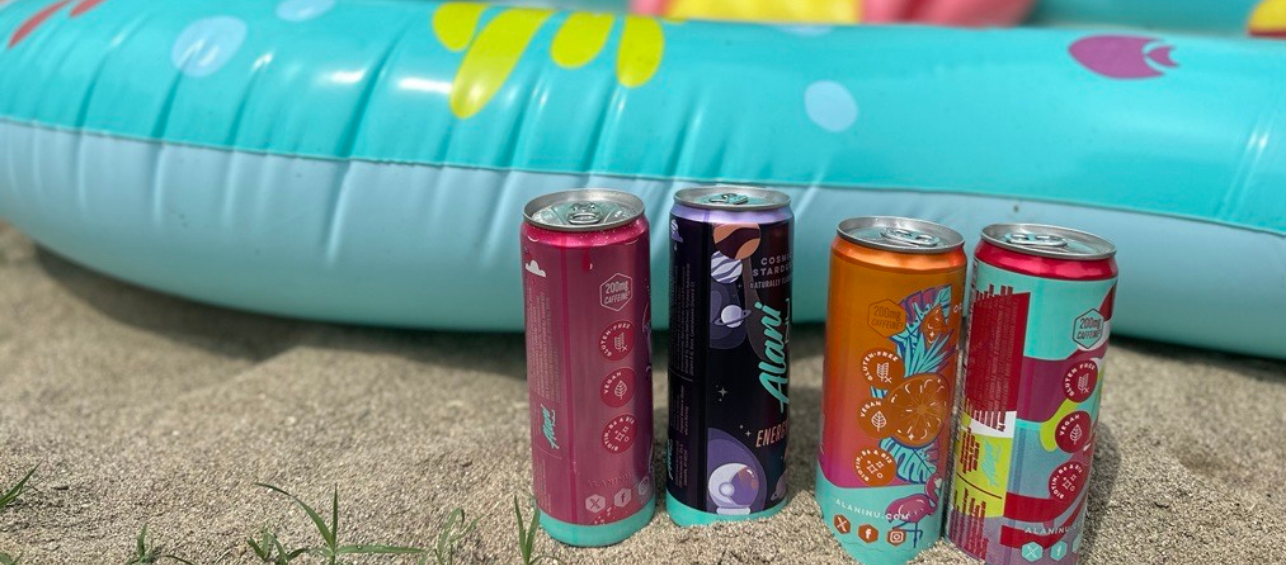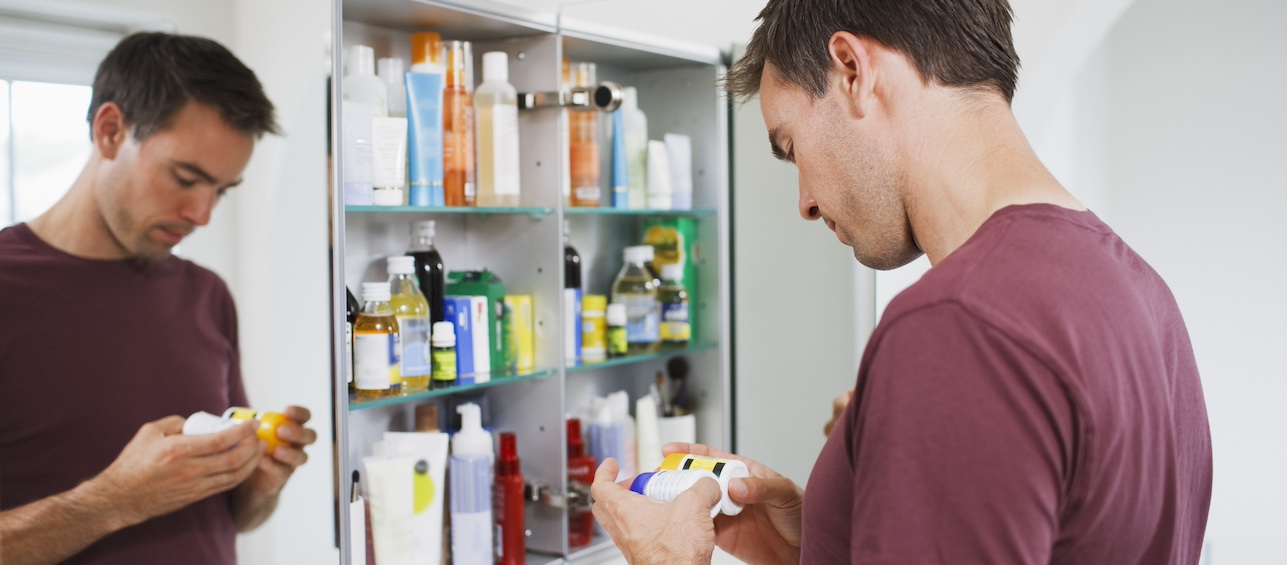If you are like me, you may feel like this summer has flown by!
My family just finished our back-to-school supply shopping and are gearing up for another year. As I passed through the rows of gel pens, disinfecting wipes, hand sanitizers and glue, I was reminded of how many calls we fielded in the Drug and Poison Information Center (DPIC) last year related to accidental exposures at school. As a pharmacist at DPIC, these are the things I think about often.
Overall, America’s Poison Centers receive around 30,000 calls about school exposures every year. While some of them may occur due to dares or pranks, most are unintentional and avoidable. Examples of exposures that typically happen during school hours include licking hand sanitizer, chewing on pens or pencils, drinking nicotine liquid, and swallowing parts of a plant.
I’d like to give a little more information about the types of calls we receive related to exposures that take place at school. Accidents can happen anywhere, anytime, but many can be prevented with a little information sharing and awareness spreading. If you’re a parent, feel free to share this with your school and teachers. If you’re a teacher, share it with your colleagues!
Top Calls Related to Accidental Exposures at School
1. Medications
Medication overdose during school hours typically happens during those hectic mornings when parents are just trying to make it out the door on time. In my house, that’s pretty much every morning.
In this scenario, one parent hasn’t communicated to the other parent that he or she gave their child medication, and the child accidentally gets two doses. Or, one of the parents gave their child medication when it was supposed to happen at school that day. In either of these scenarios, a chart may help. That way, there’s a visual representation of the schedule, which may help improve communication.
2. Hand sanitizer
Schools use hand sanitizer because it’s the quickest and easiest way to prevent illness from spreading. But it’s important to keep in mind that hand sanitizers can have more than 60% ethyl alcohol, which is the same type found in beer or wine.
Due to their small size, children are more likely to get toxicity symptoms than adults. It can affect their central nervous system and slow down breathing. The American Academy of Pediatrics recommends keeping the hand surface wet with hand sanitizer for at least 15 seconds.
Teach kids how to use hand sanitizers safely, by rubbing it in thoroughly and telling them to never lick their hands or rub their eyes right after use.
3. Pens, pencils and glue
Children use pencils and pens in school every day. When kids absent-mindedly chew on pens, the ink can explode in their mouths. Most pen ink is non-toxic and tolerated well if some gets in the mouth.
We also get calls from worried parents and teachers because a child has eaten or chewed on a pencil and they’re concerned the student might get lead poisoning. Fortunately, pencils are now made of graphite and not lead.
Even though school glue is non-toxic, it should not be eaten.
4. Plants and berries
Recess is a time for fun and activity. Keeping children safe is always a priority for everyone. Remind young children to not play with mushrooms or plants including any berries during recess to avoid accidental ingestions or choking risks.
School safety is a partnership between parents, teachers and administrators. I recommend saving the poison control number in your phone so you are prepared in an emergency, or can ask a question: 1-800-222-1222. We are available 24/7 and can help walk you through what’s concerning, what isn’t, and next steps.
u003cspan style=u0022font-weight: 400;u0022u003eFor any concerns about accidental exposures, please call your u003ca href=u0022https://www.cincinnatichildrens.org/service/d/dpicu0022 target=u0022_blanku0022 rel=u0022noopeneru0022u003eDrug and Poison Information Centeru003c/au003e at 1-800-222-1222 or text “POISON” to 797979 to have it saved in your phoneu003cemu003e.u003c/emu003eu003c/spanu003e






This is a great article, but you forget to mention the growing audience of children with mast cell activation and allergies. Exposure at school for a parent is one of the hardest things to let go of, because you have little control. So much emphasis on food for everything, even bathroom rewards at my sons! Craziness to a mom that has a child that is chemically sensitive. The awareness is just not there. We need professionals to help as well step in and help our schools be more neutral in the way of exposures to pesticides, cleaning materials, fragrances, foods, etc…